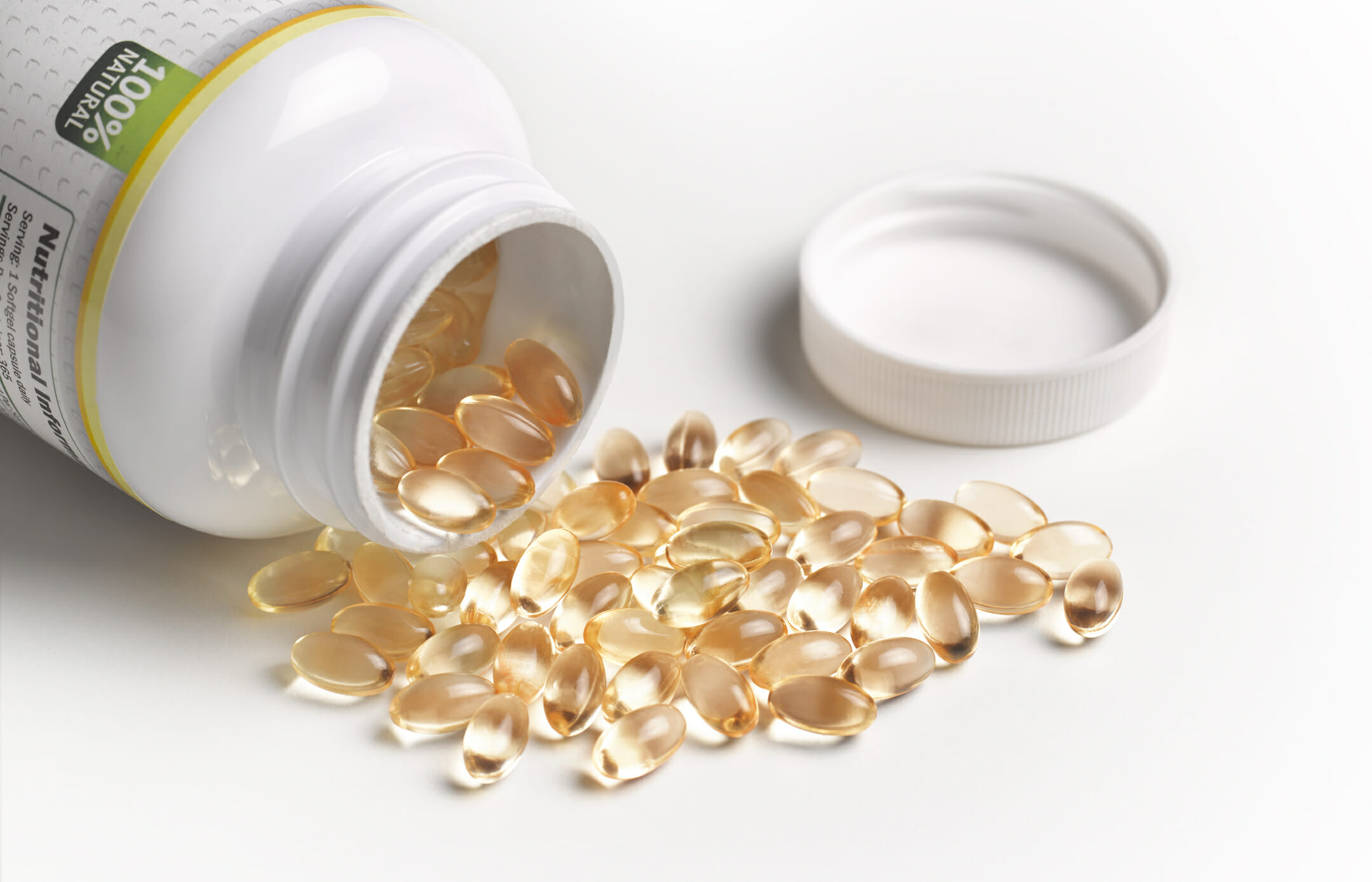Supplementation with vitamins C and D is both safe and beneficial for patients with acute myeloid leukemia (AML) who are undergoing chemotherapy, according to a study recently published in Blood Advances.
A recent practice change that involved adding vitamins C and D to supportive care for all consecutive patients with AML undergoing intensive chemotherapy prompted a team of researchers to evaluate the efficacy of this change. They compared the outcomes of patients who were treated prior to vitamin C/D supplementation with those of patients treated after the practice change.
The outcomes of 431 patients were studied, including 169 who received the vitamin supplements and 262 who did not. Most patients presented with low levels of both vitamins at diagnosis.
Supplementation of vitamins C/D was administered from day 10 of chemotherapy until hematologic recovery from induction and consolidation.
The researchers found that supplementation with vitamins C/D during intensive chemotherapy was safe, and lower rates of grade 3-4 adverse events (AEs) were reported among patients in the supplementation group. AEs associated with induction chemotherapy usually include infection, bleeding, and inflammation.
Supplementation associated with significant increase in vitamin D levels after recovery from induction compared with levels at diagnosis. Pretransplant vitamin D levels were significantly higher in the group that received supplementation compared with the control group (33 vs 19 ng/mL, P <.0001).
The researchers also found that supplementation was “significantly and independently associated” with better overall survival (OS) in the patients who had NPM1 mutations (hazard ratio [HR], 0.52; 95% CI, 0.30-0.90; P =.019) compared with patients with wild-type NPM1 (HR, 1.01; 95% CI, 0.68-1.51; P =.95).
The authors note that their results should be approached with caution, given the retrospective and monocentric nature of their study and the relatively small number of patients.
“However, recent pathophysiological advances, interactions between some driver mutations and the vitamin C and D pathways, and our clinical results are encouraging enough to support prospective clinical trials with carefully designed schemas for administering vitamin C and D to AML patients,” they concluded.
Disclosures: Some study authors declared affiliations with biotech, pharmaceutical, and/or device companies. Please see the original reference for a full list of disclosures.
Reference
Mouchel PL, Berard E, Tavitian S, et al. Vitamin C and D supplementation in acute myeloid leukemia. Blood Adv. Published online September 6, 2023. doi:10.1182/bloodadvances.2023010559
